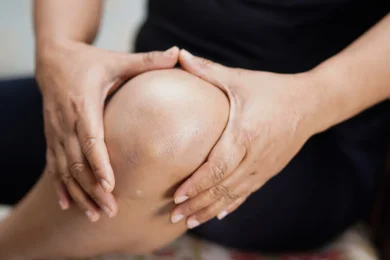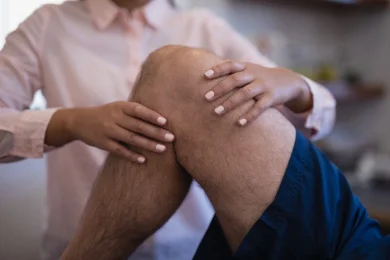Understanding Acute & Chronic Joint Pain
Joint pain can appear suddenly following an injury, overuse, or inflammatory flare-up, or it can develop slowly over years due to degenerative changes, repetitive stress, or autoimmune conditions. Acute joint pain often resolves within days or weeks with appropriate treatment and rest. Chronic joint pain, however, can persist for months or years, creating ongoing challenges that extend beyond physical discomfort. Many of our patients at Pain Management of North Dallas describe how persistent joint pain affects their mood, sleep quality, and relationships, as they struggle to participate in activities they once enjoyed without limitation.
Joint pain varies significantly depending on the affected joint and underlying condition. Morning stiffness that improves with movement might suggest rheumatoid arthritis, while pain that worsens throughout the day could indicate osteoarthritis. Some patients experience sharp, shooting pains with certain movements, while others deal with constant aching or throbbing sensations. Swelling, warmth, redness, and reduced range of motion often accompany joint pain as well. Understanding whether your joint pain is inflammatory, degenerative, or injury-related helps our board-certified joint pain specialists develop the most effective treatment approach for your condition.
What Causes Joint Pain?
Joint pain can stem from numerous conditions and circumstances, affecting people of all ages and activity levels. Some patients develop joint problems following specific injuries or accidents, while others experience a gradual onset due to wear and tear, genetic predisposition, or systemic inflammatory conditions. Lifestyle factors such as obesity, poor ergonomics, repetitive motions, and lack of regular exercise can also contribute to joint deterioration and pain over time.
The most common causes of joint pain include:
- Osteoarthritis from cartilage breakdown and bone-on-bone contact
- Rheumatoid arthritis and other autoimmune inflammatory conditions
- Bursitis causing inflammation of fluid-filled sacs around joints
- Tendinitis from overuse or repetitive stress on tendons
- Fibromyalgia causing widespread joint and muscle pain
- Previous injuries leading to post-traumatic arthritis
Joint pain patterns can be unpredictable—some days may be better than others, while certain weather conditions or activities might trigger flare-ups. Because joints are complex structures involving cartilage, ligaments, tendons, and surrounding tissues, determining the exact source of pain requires a comprehensive evaluation. Our experienced joint pain doctors at Pain Management of North Dallas utilize advanced imaging and diagnostic techniques to identify the specific cause of your discomfort. Without accurate diagnosis and proper treatment, joint conditions often progress and can result in permanent damage, disability, and decreased quality of life.
How We Treat Joint Pain in North Dallas & Beyond
We recognize that every patient’s joint pain experience is different, which is why we create customized treatment plans that address your specific condition, lifestyle needs, and treatment goals. Our multidisciplinary approach combines proven conservative therapies with innovative interventional procedures to provide comprehensive joint pain relief. Whether your goal is returning to competitive sports, maintaining independence as you age, or simply enjoying daily activities without discomfort, we’re committed to helping you achieve meaningful improvement.
Your individualized joint pain treatment plan may include targeted physical therapy to improve strength and flexibility, specialized injections to reduce inflammation and promote healing, medication management to control pain and swelling, and minimally invasive procedures designed to restore joint function. We also emphasize patient education, ergonomic modifications, and lifestyle adjustments that can prevent future joint problems. For patients with complex or severe joint conditions, advanced interventional pain management techniques may be recommended to provide long-lasting relief.
Some of the most common treatments for joint pain include:
- Physical therapy
- Braces, slings, casts, or splints
- Activity modification
- Anti-inflammatory medication
- Lubricating injections
- Joint aspiration (removing excess fluid)
- Steroid joint injections
- Radiofrequency ablation in the knees
- Epidural steroid injections in the spine
Our team works collaboratively with each patient to monitor treatment response and make adjustments when necessary to optimize outcomes. By combining symptom management with treatments that address underlying joint pathology, we help patients in Frisco, Plano, McKinney, and Dallas overcome debilitating joint pain and reclaim their quality of life.
Ready to move beyond joint pain and get back to being active? Request an appointment with one of our board-certified joint pain specialists today at Pain Management of North Dallas.
Frequently asked questions about joint Pain
What are the most common joint pain symptoms?
Joint pain symptoms typically include stiffness, swelling, tenderness, and reduced range of motion. Many patients also experience warmth or redness around affected joints, grinding or clicking sensations with movement, and varying degrees of functional limitation. Some individuals notice that their joint pain is worse in the morning or during certain weather conditions.
When should I see a pain specialist for my joint pain?
You should seek medical evaluation if your joint pain persists for more than a few weeks, significantly impacts your daily activities, or is accompanied by severe swelling, fever, or joint deformity. Additionally, if joint pain interferes with sleep, work, or recreational activities, professional assessment can help prevent worsening and identify effective treatment options.
What are the best treatments for joint pain and discomfort?
The most effective joint pain treatments depend on the specific type of joint condition, its severity, and individual patient factors. At Pain Management of North Dallas, we typically begin with conservative approaches and progress to more advanced interventional procedures as needed. Many patients achieve excellent results with our comprehensive, personalized treatment protocols.
How can I prevent joint pain in the future?
While genetic factors and aging cannot be controlled, many types of joint pain can be prevented or delayed through regular exercise to maintain joint flexibility and muscle strength, maintaining a healthy weight to reduce joint stress, practicing good posture and ergonomics, and avoiding repetitive movements that can cause joint wear. Early treatment of minor joint problems can also prevent them from becoming chronic conditions.

















